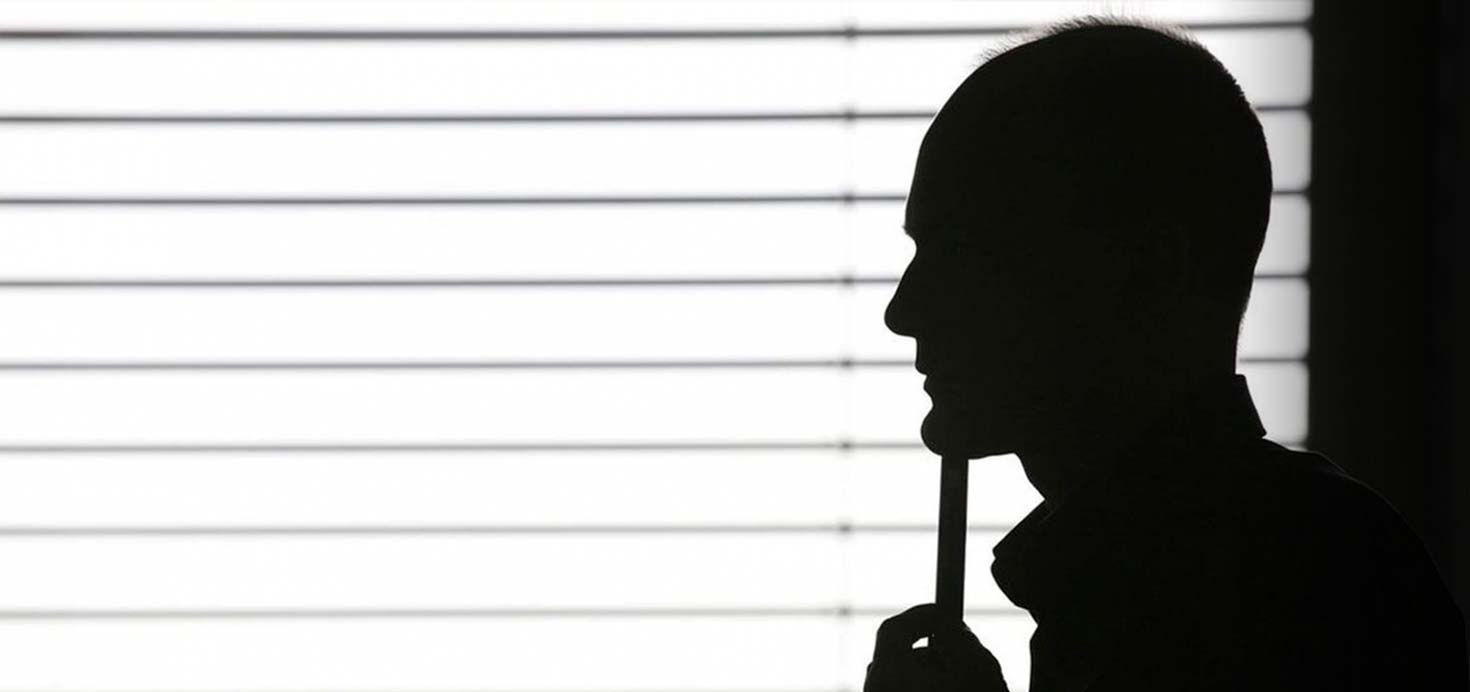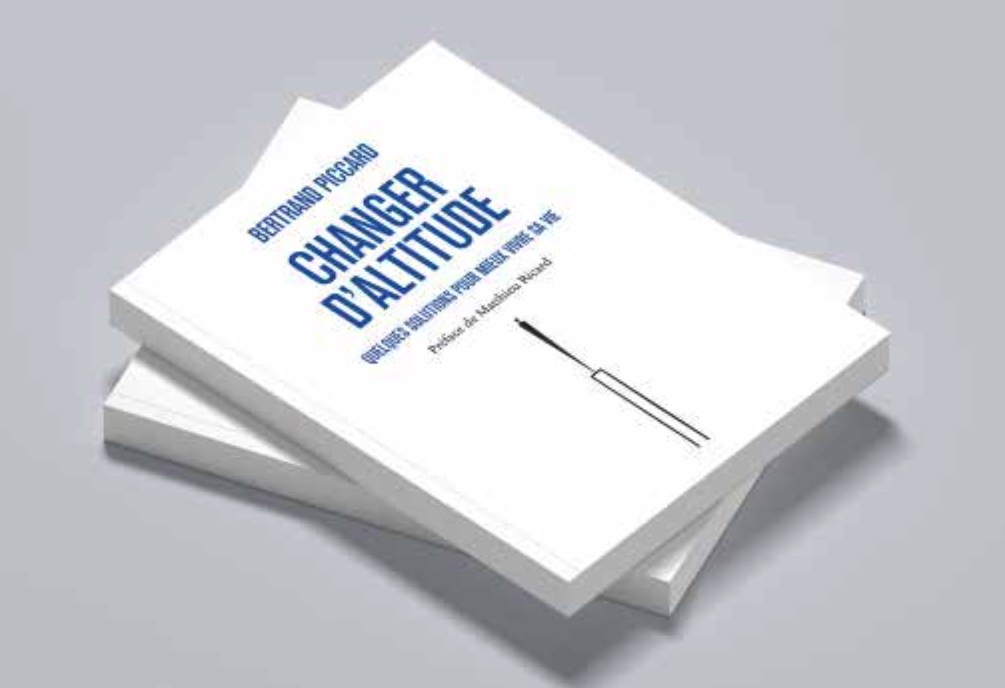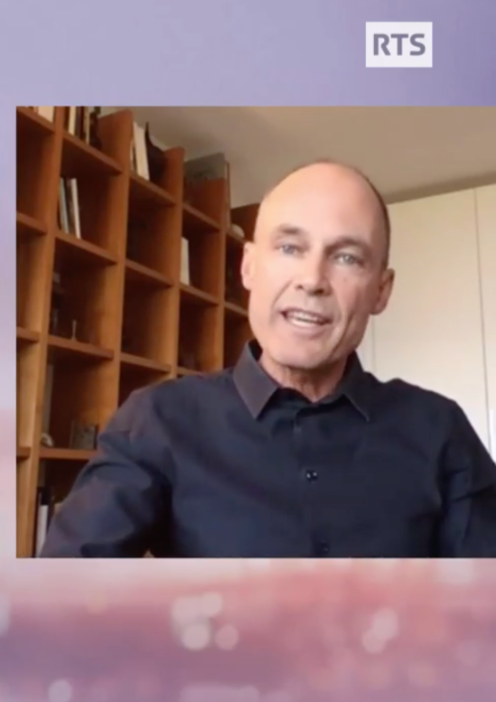
It’s not the answer that’s important, but the attitude you adopt towards the question
When he started engaging in extreme sports, Bertrand always wanted first and foremost to explore human behavior. Hang-glider aerobatics turned out to be the trigger for his ambition to become a doctor and psychiatrist. The experience of stunt flying showed him just how much success depends primarily on self-awareness in the present moment. As a young psychiatrist drawing parallels with risk management, he had an intuition that existential crises could stimulate patients to cultivate their inner resources and regain control over their lives, so becoming the agents of their own personal development.
For Bertrand, the therapist's first action must be to stimulate confidence in change. This spirit of adventure - which he considers essential in life - he also applies in therapy, exploring the unknown and offering the patient opportunities to try out various forms of behavior.
« An adventure is a crisis that you accept, a crisis is an adventure that you refuse »
For this explorer of the inner world, "leaping into the unknown is a way of awakening the self." He sees adventure as a moment of disruption, when just reproducing in an automatic, routine way what has already been learned is not enough. He encourages his patients to accept uncertainty, to welcome questioning, and to use them to stimulate creativity so that they can imagine new solutions, attitudes or strategies.
“Imagining the opposite of what we have always learned creates an open mind and suddenly allows us to increase our freedom of thought. »
« Whatever the winds you may encounter, it's only you who can define the altitude of your existence »
Change altitude in the winds of life. For Bertrand, balloon flight really is a metaphor for life. The balloon is trapped in the airflow that drives it forward, just as humans are stuck with their certainties, problems and destinies. But just as a balloon can change altitude and find winds that will cause it to change direction, so human beings can rise up professionally, psychologically, philosophically - even spiritually - and re-assume responsibility for the course of their lives. To do this, they have to jettison things, just like balloon pilots - certainties, routines, convictions and other such paradigms - and learn to function differently, to discover other influences, explanations and visions of the world.
Can an ordeal be a learning opportunity?
Subjet of Bertrand Piccard’s doctoral thesis in 1995
« A crisis is a time when a pre-existing state of equilibrium is called into question. It will last until it is replaced by a new equilibrium. It is up to us to decide whether we want this new equilibrium to be at the same level as the old one, lower or higher. If we can understand that the crisis is an opportunity for us to evolve, then we will try to do so; otherwise, we will stagnate. As always, the key thing is to call into question previous certainties and ways of doing things.
The vast majority of patients studied in my thesis testified in favor of an ordeal being a learning experience. They thought that illness, accidents and trauma could promote personal development. They talked about finding inner resources that they had never known existed. They spoke of a new approach to existence, another way of understanding life in general. Their answers therefore take on a particular importance; it’s a bit like a sudden burst of energy that shakes up the way we view suffering, which is a field that frightens us and is and poorly understood.
These findings include recurring notions such as: love, tolerance, harmony, faith, spirituality, profound richness, trust, religion, serenity, understanding, and reconciliation. Incredible though it may seem, most subjects felt that they were better people after the ordeal they had gone through, and even spoke of their suffering as the key to a mode of life that brings them more satisfaction, and a richer personal and family life. »
Extract from the book Change Altitude

Changer Altitude Éditions Stock
In this book, accessible to all, Bertrand Piccard uses the spirit of curiosity and questioning to approach such themes as fear of the unknown, existential crises, human relations, and spirituality in a concrete way.
We are all caught up in the turmoil of life, searching for a pathway to success, equilibrium, happiness and wisdom. But have we developed the right tools to achieve such things? Bertrand Piccard combines his experience as an explorer, doctor and psychiatrist specializing in hypnosis, to offer some original, sometimes disconcerting, solutions for us to put into practice. How can we use our doubts and uncertainties to stimulate performance, discover the benefits of hypnosis, draw advantage from ordeals, overcome suffering, and expand our understanding of life? Confident that every reader has it within them to evolve, the author helps us along the path towards improved “well-being” - being at one with ourselves, with others, with the world. And he offers some hints on how we can live life differently, including in our secret conscience, deep within our souls.
« I wanted to write a book by a doctor and psychotherapist, rather than by a pilot. »
« Of course, my experience as an explorer has influenced me, and this explains the spirit of curiosity and questioning that comes through in all these chapters. But my subjects are life, communication, self-hypnosis, crisis management, spirituality, all seen from different altitudes and worldviews, giving us more freedom to think and act. And these could perhaps even make us want to try out new, more creative ways of behaving, so as to live better on a daily basis, to foster change and personal development. »





